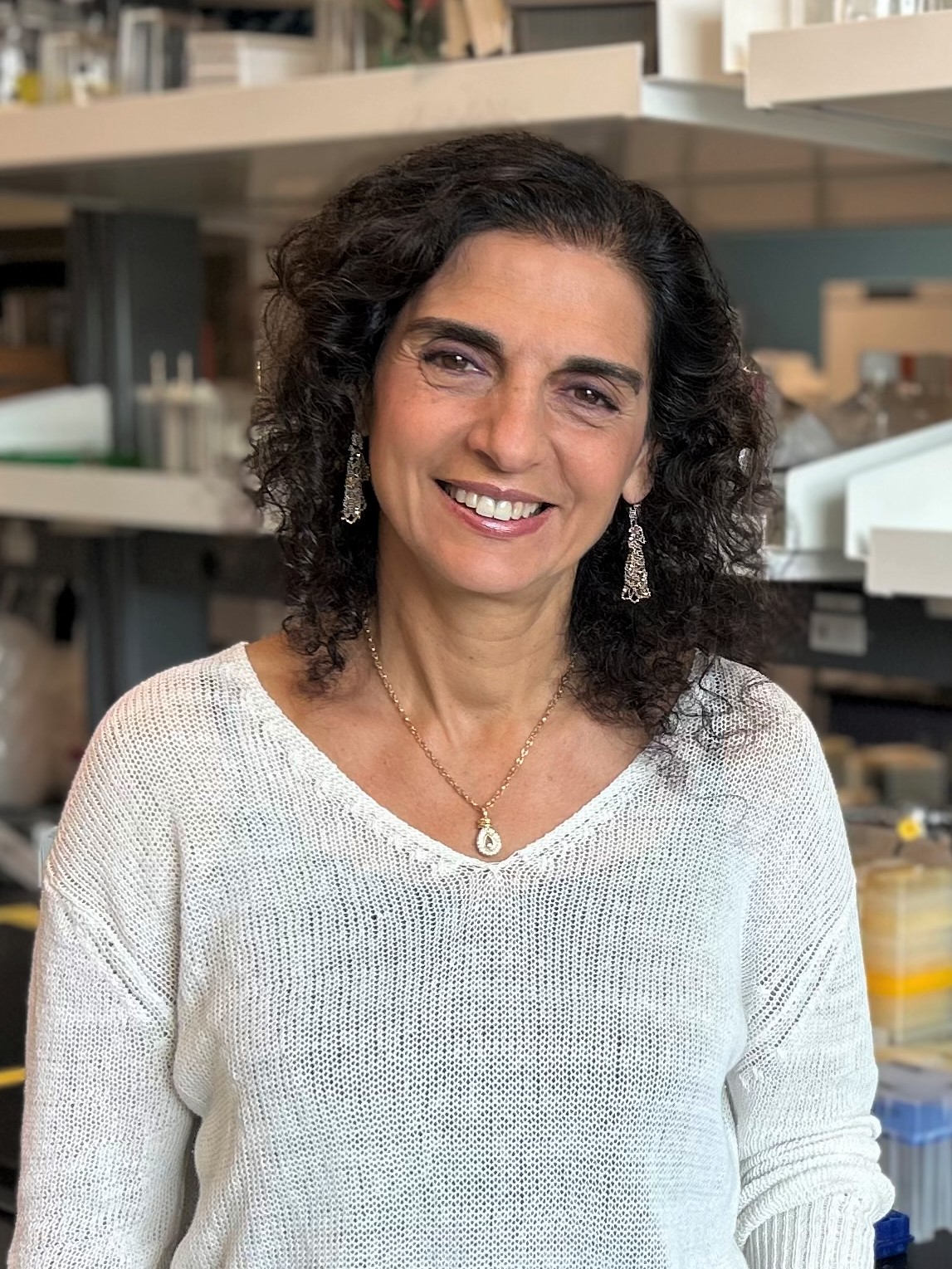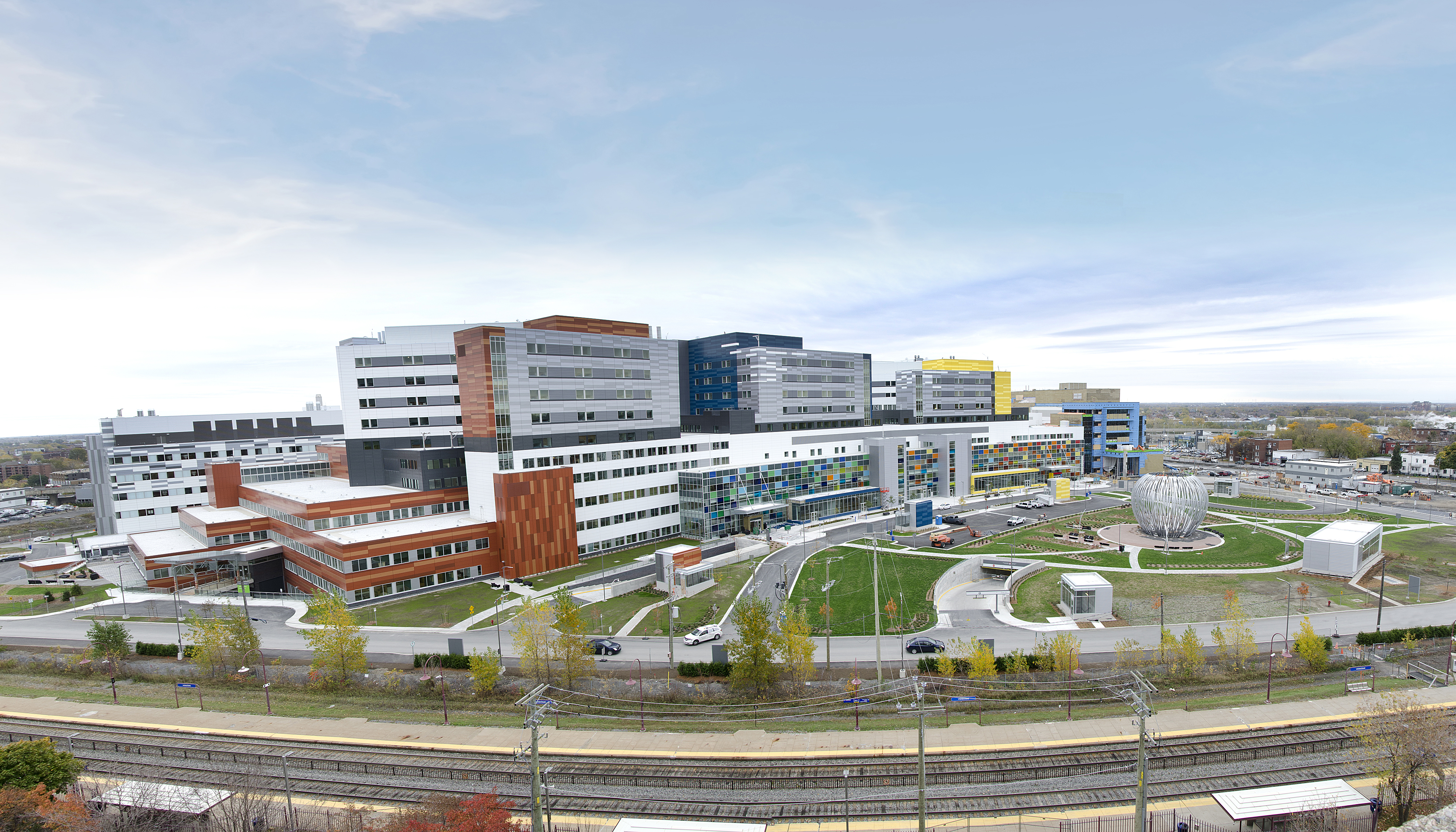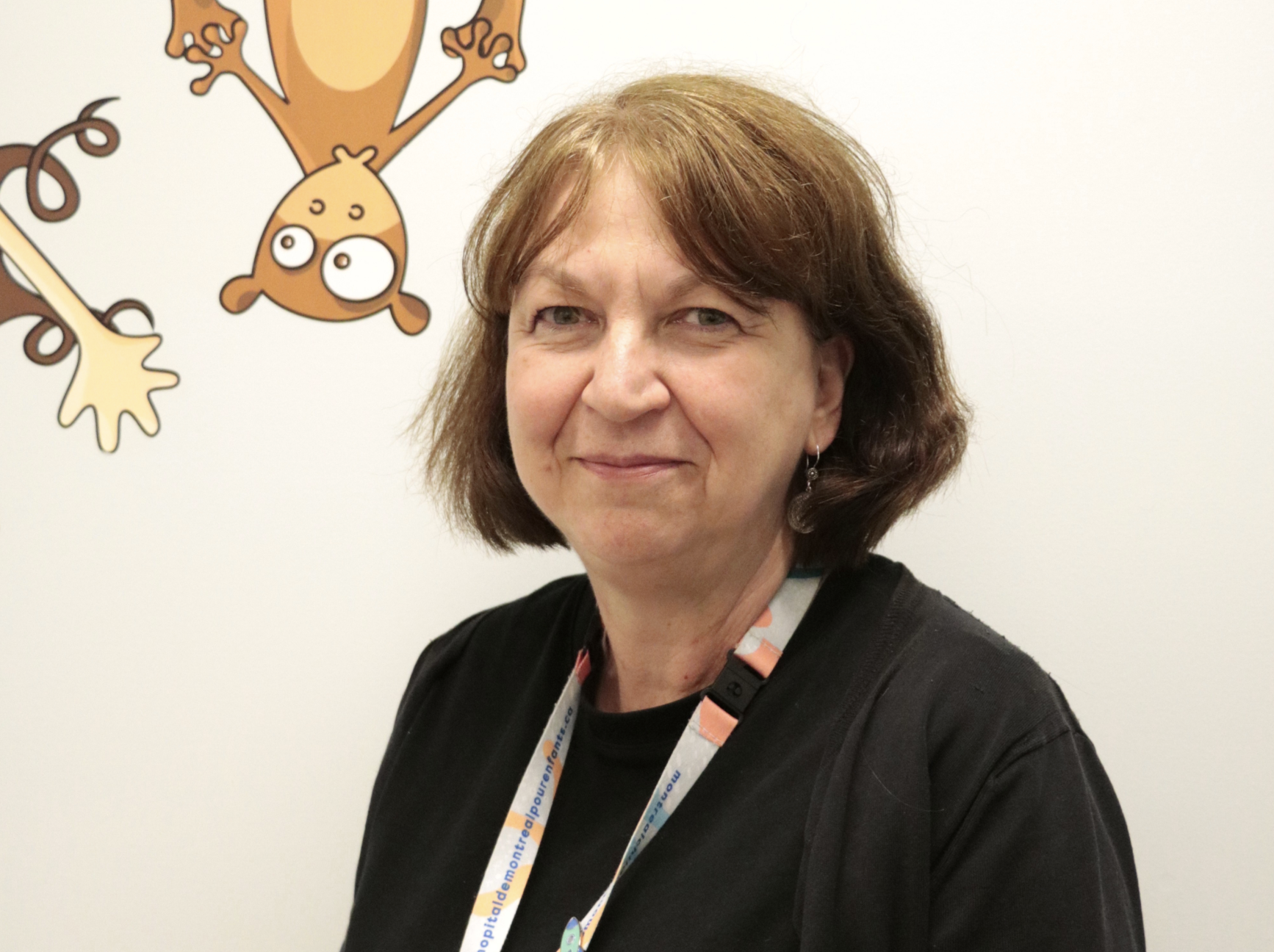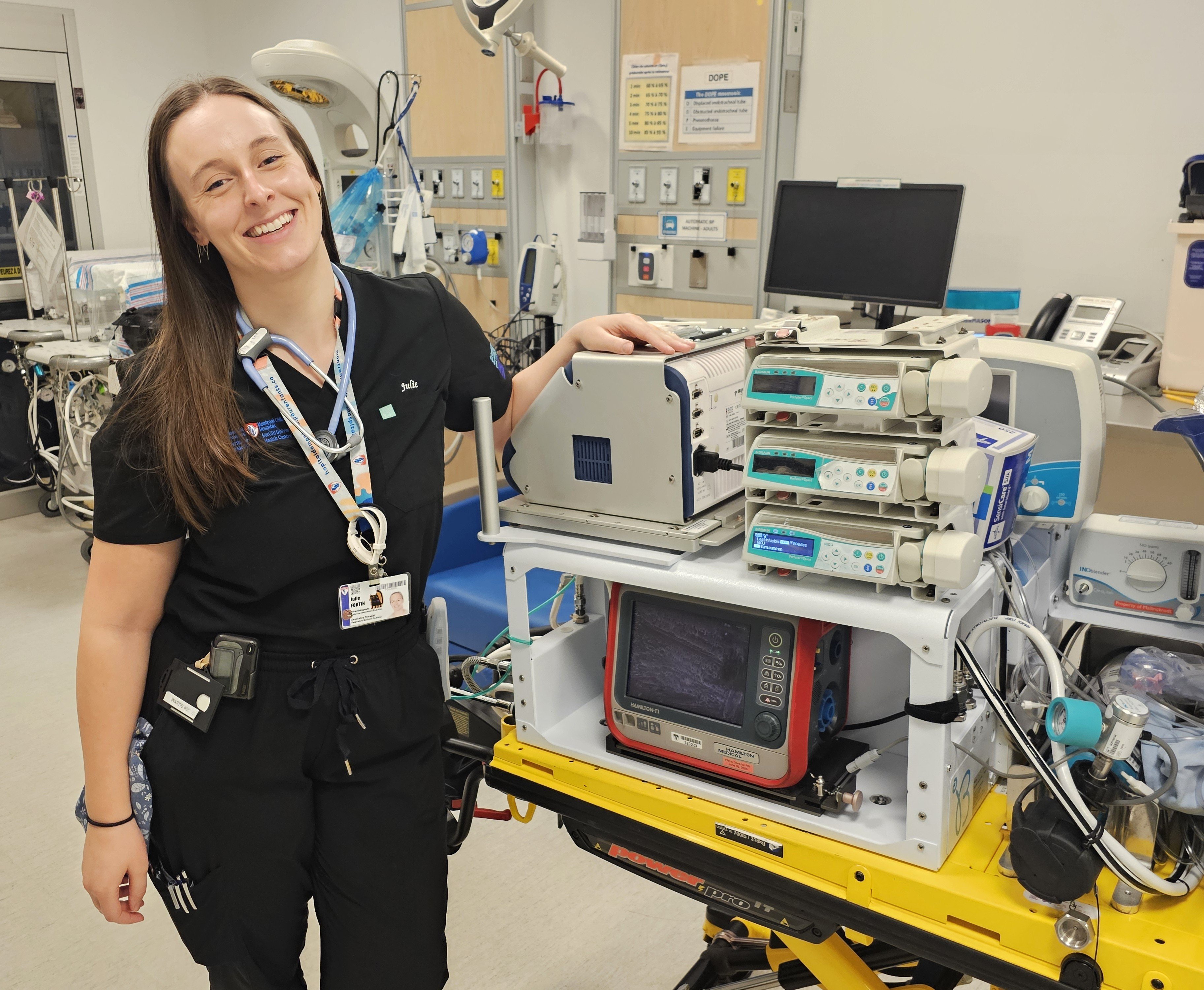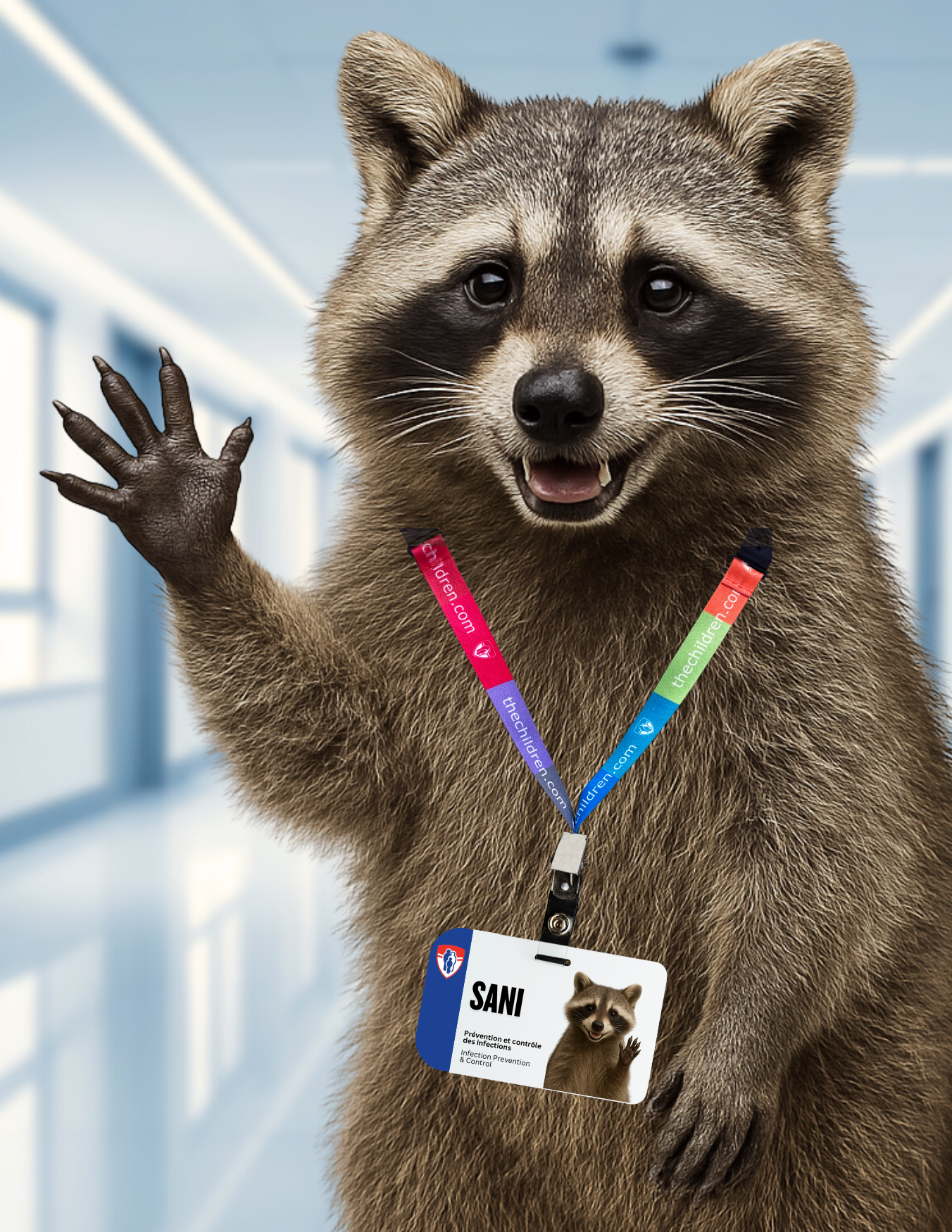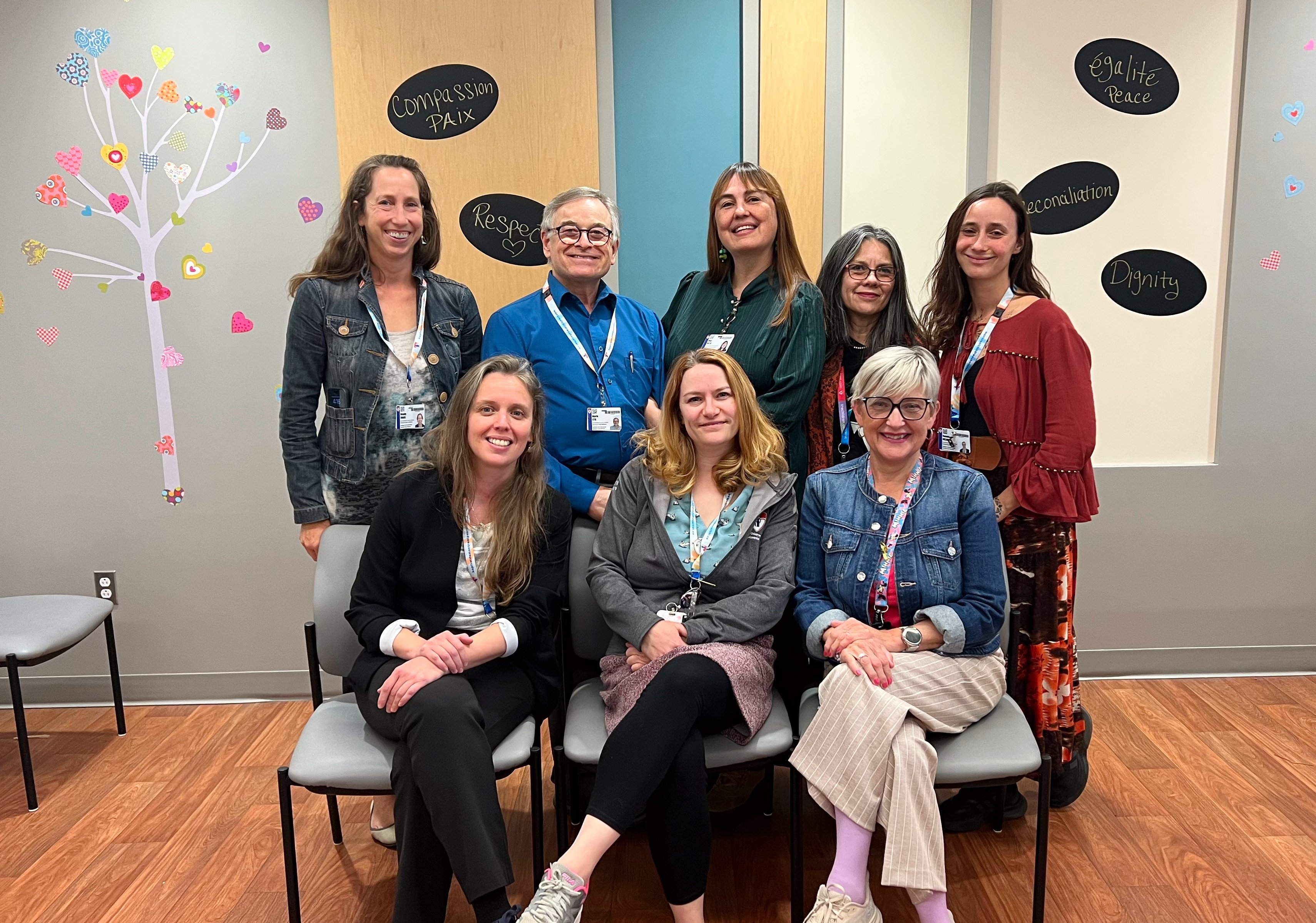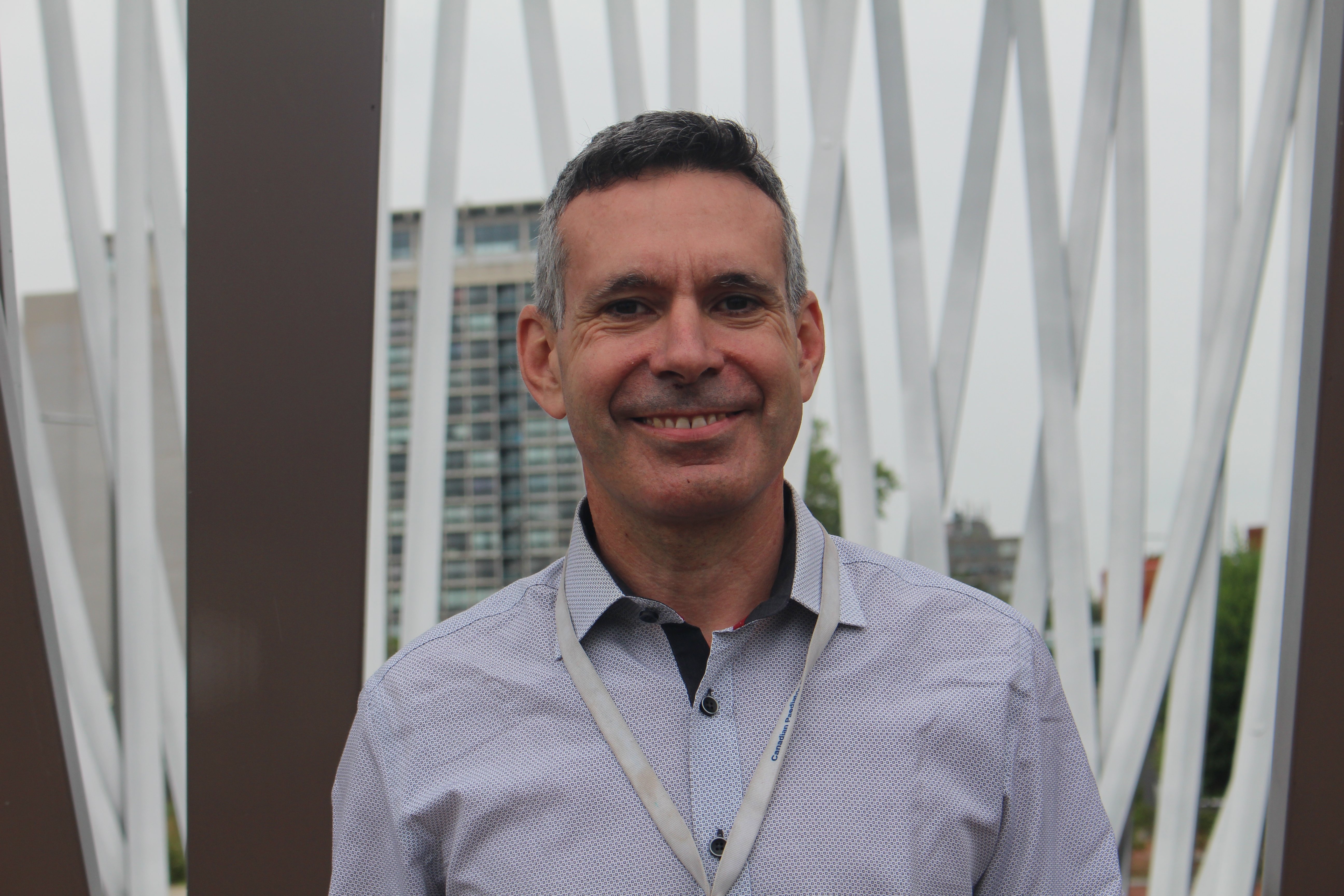
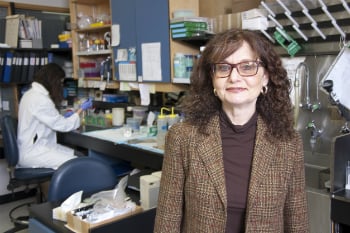
A face-to-face with one of our research leaders
18 March 2015
Dr. Rima Rozen’s research focuses on genetic and nutritional deficiencies in folic acid and their impact on various diseases. Over the course of her 30-year career, Dr. Rozen has produced over 200 publications and made significant discoveries in her field. She has recently identified biomarkers, or genetic changes, that could lead to early diagnosis of colorectal cancer.
What is so fascinating about Genetics that you’ve decided to devote your career to it?
R.R.: Genetics has exploded in the last few decades and I’ve been part of that evolution. When I first trained, it was all about biochemistry and metabolites. Then we moved on to chromosomes, cellular studies and the cloning of genes. Now we’re able to look at the entire genome. It’s been an exciting and challenging adventure.
For the last 25 years, you’ve been investigating folic acid. Why?
R.R.: I’m particularly interested in the interactions between genes and metabolism. Folic acid is a very important vitamin involved in many disorders, the most important being neural tube defects, but it is also important in prevention of cancer, some forms of heart disease and possibly some neuropsychiatric conditions. In 1995, my lab identified the first genetic variant that was a risk factor for neural tube defects. Individuals with this change in their genes, which represent 10 to 20 per cent of the population, need even more folate in their diets than the average person. These individuals may also be at greater risk for the other disorders mentioned above.
Nowadays our food supply is fortified with folate and women are told to take folate-containing supplements even before they find out they’re pregnant to prevent these types of birth problems. In the last couple of years, we have identified some negative consequences related to too much folate, including heart defects and liver damage in animal models. So now we’re looking at both ends of the spectrum of folate intake.
In 1985, you created the first accredited Molecular Genetics Diagnosis Service in Quebec, at the Montreal Children’s Hospital. How did that happen?
R.R.: I had been involved in DNA testing during my training and that type of service was just developing. The diagnostics activity had nothing to do with my own research, but I loved it. When you do research you may not see the fruits of your labour for 10, 20 years. But my work as a director of that service for 17 years was instant gratification! The fact that some of the things you do in the lab may actually benefit people is very rewarding.
How do you see this important transformation at the MUHC, with the move to the Glen?
R.R.: I’m optimistic. At the Children’s we’re a relatively small group of researchers, so the opportunity to be with our adult colleagues is very exciting. In my experience, most collaborations start through direct interactions, either in congresses or, simply, at the cafeteria! At the Glen it will be easier; there will be people with different talents at the end of the hall. It’s also fabulous that we’ll have our core facilities in one building.
How are you preparing for the big day?
R.R.: I have accumulated 30 years’ worth of papers, binders, etc.! Not only my own, but those left behind by my graduate students. When we did our initial count, we had over 300 binders in the lab. I must have gone through 200 of them thus far!



